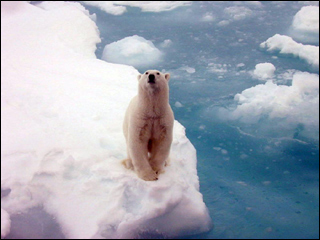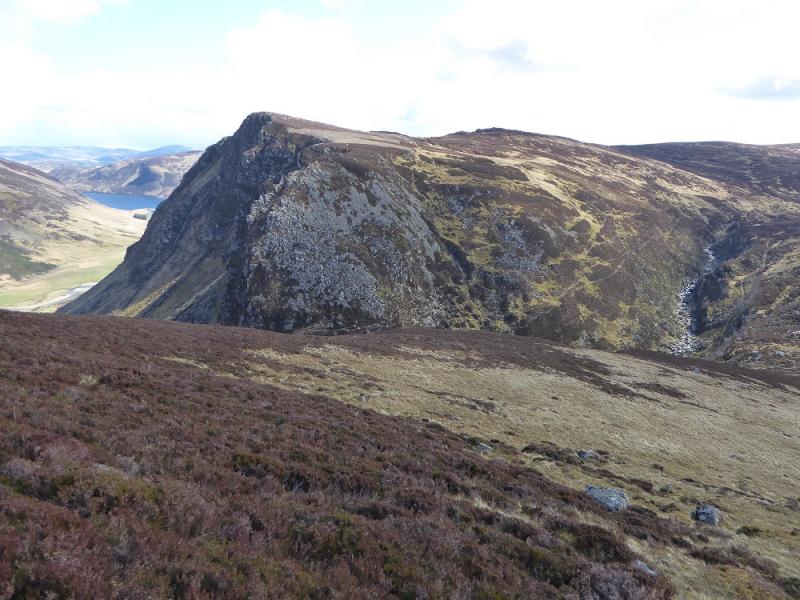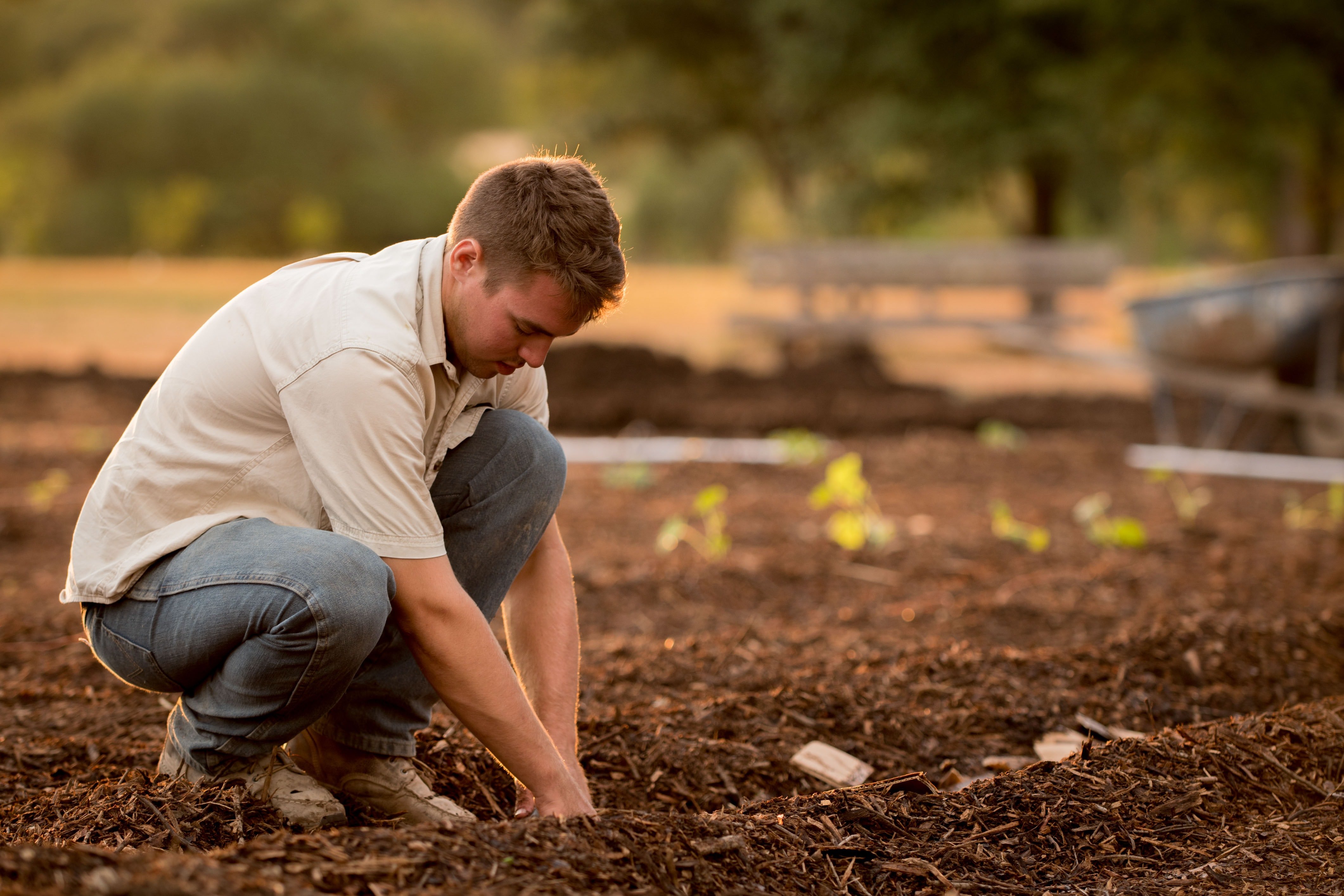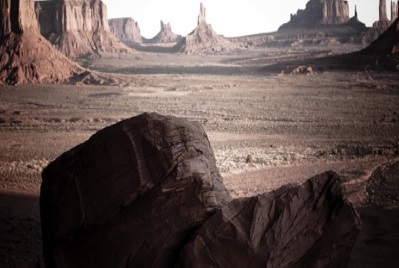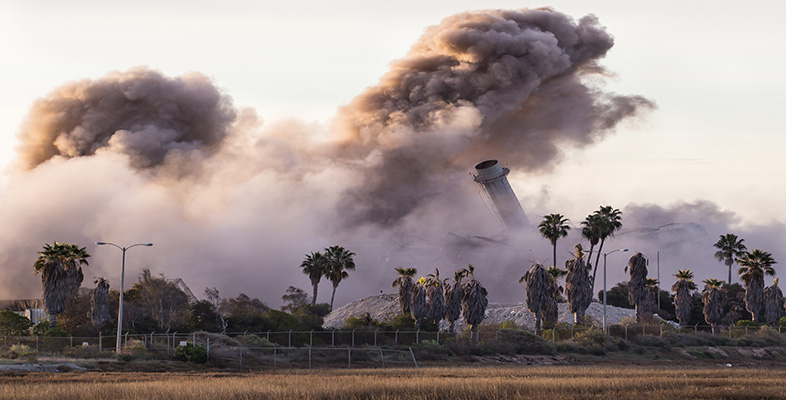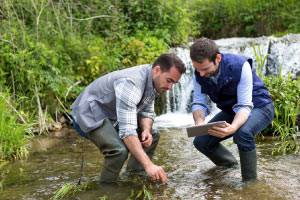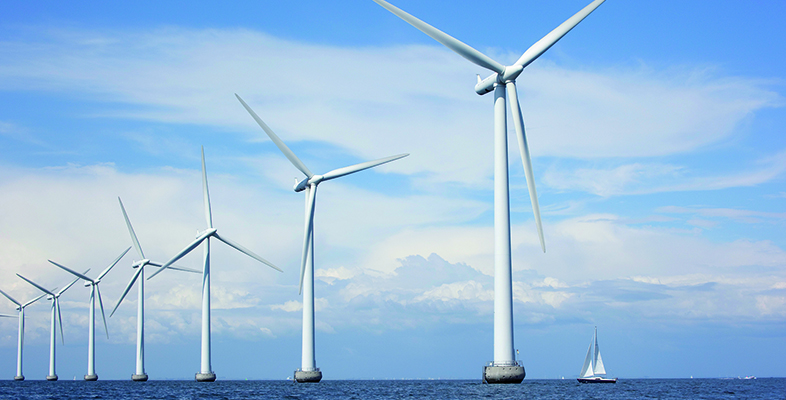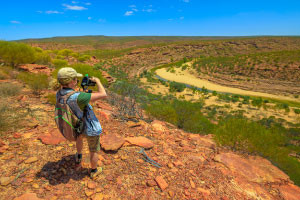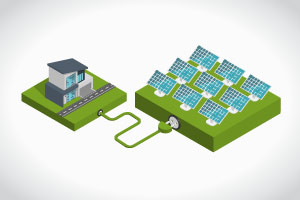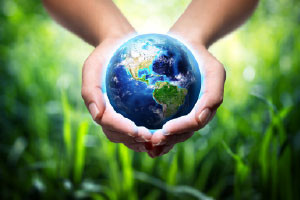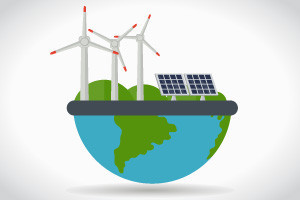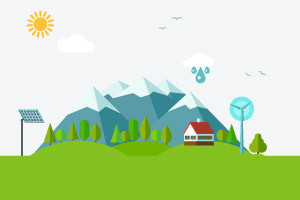Global Warming Science

MIT OCW Review
Location
Online(Course Link)
Dates
On Demand
Course Categories
Math, Science and Engineering
Certficate
No
Language
English
Course Fees
FreeNo. of Attendant
Unlimited
Acquired Skills/Covered Subjects
- Define Climate,Know climate affecting factors,climate variation since the formation of the planet,Know how might climate change in the future
| Provider Name | MIT OCW |
|---|---|
| Training Areas |
|
| Website | https://ocw.mit.edu/ |
| About The Provider |
Massachusetts
Institute of Technology (MIT) is a private research university in Cambridge, Massachusetts. The Institute is
a land-grant, sea-grant, and space-grant university,
with an urban campus that
extends more than a mile (1.6 km) alongside the Charles River.
The Institute also encompasses a number of major off-campus facilities such as
the MIT Lincoln Laboratory, the Bates Center,
and the Haystack Observatory, as well as
affiliated laboratories such as the Broad and Whitehead Institutes. Founded in 1861 in
response to the increasing industrialization
of the United States, MIT adopted a European polytechnic university model and
stressed laboratory instruction in applied science and engineering.
It has since played a key role in the development of many aspects of modern
science, engineering, mathematics, and technology, and is widely known for
its innovation and
academic strength, making it one of the most prestigious institutions of higher
learning in the world. MIT
OpenCourseWare MIT
OpenCourseWare (OCW) is a web-based publication of virtually all MIT course
content. OCW is open and available to the world and is a permanent MIT
activity. Through OCW,
educators improve courses and curricula, making their schools more effective;
students find additional resources to help them succeed; and independent
learners enrich their lives and use the content to tackle some of our world’s
most difficult challenges, including sustainable development, climate change,
and cancer eradication.
|
This course provides
students with a scientific foundation of anthropogenic climate change and an
introduction to climate models. It focuses on fundamental physical processes
that shape climate (e.g. solar variability, orbital mechanics, greenhouse gases,
atmospheric and oceanic circulation, and volcanic and soil aerosols) and on
evidence for past and present climate change. During the course they discuss
material consequences of climate change, including sea level change, variations
in precipitation, vegetation, storminess, and the incidence of disease. This
course also examines the science behind mitigation and adaptation proposals.

